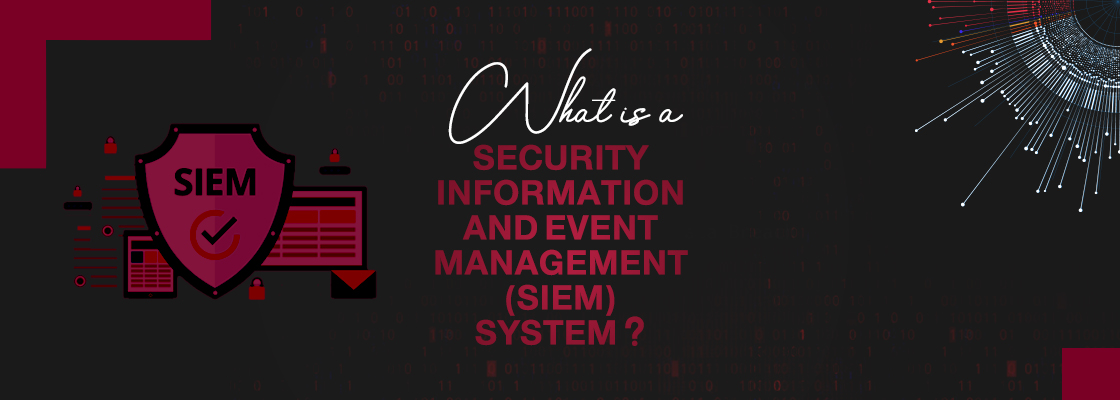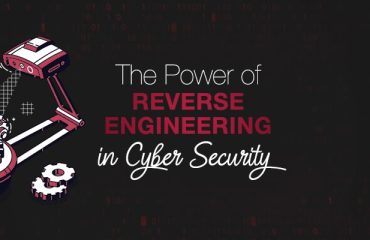
Businesses and organizations are increasingly vulnerable to cyber-attacks in today’s digital age. SIEM (Security Information and Event Management) enables organizations to centralize security management and detection.
What is SIEM?
Security Information and Event Management (SIEM) is a security solution that centralizes security management and detection. It collects security data from multiple sources, such as firewalls, antivirus software, and intrusion detection systems, and analyzes this data to identify potential security threats. SIEM solutions can also be used to automate security incident response.
Threats to Network Security
Cyber threats can affect organizations in a variety of ways, including:
- Advanced persistent threats (APT): APTs are complex, targeted attacks that can go undetected for long periods of time, allowing attackers to steal sensitive information or cause damage to the network.
- Malware: Malware can infect systems and steal sensitive information, such as passwords and credit card numbers.
- Insider threats: Employees or other authorized users who have access to the network can intentionally or unintentionally compromise security.
Drawbacks of SIEM
SIEM has several disadvantages, including:
- Complexity: SIEM solutions can be complex and require significant resources to install and manage.
- False positives: SIEM solutions can generate false positives, or alerts for normal network traffic, which can lead to alert fatigue and reduce the effectiveness of the system.
Integration issues: Integrating SIEM with other security solutions can be challenging, requiring significant effort and resources.
Solutions for SIEM
Several steps can be taken by businesses to ensure effective SIEM, including:
- Regular updates: Regularly updating SIEM software and rules can help ensure the system is up-to-date and effective.
- Integration with other security solutions: Integrating SIEM with other security solutions, such as firewalls and antivirus software, can help provide comprehensive protection.
- Managed services: Outsourcing SIEM management to a third-party provider can help reduce the complexity and cost of implementing and managing the system.
- Training and awareness: Training employees on how to recognize and respond to security threats can help prevent attacks and reduce the number of false positives generated by SIEM solutions.
In the end, Security Information and Event Management (SIEM) is a critical component of cyber security. While SIEM solutions can centralize security management and detection, they also have drawbacks, including complexity, false positives, and integration issues.
By implementing strong security measures and regularly updating and integrating SIEM solutions, businesses can protect their networks from a wide range of cyber threats and ensure the security of their data in the digital age.



